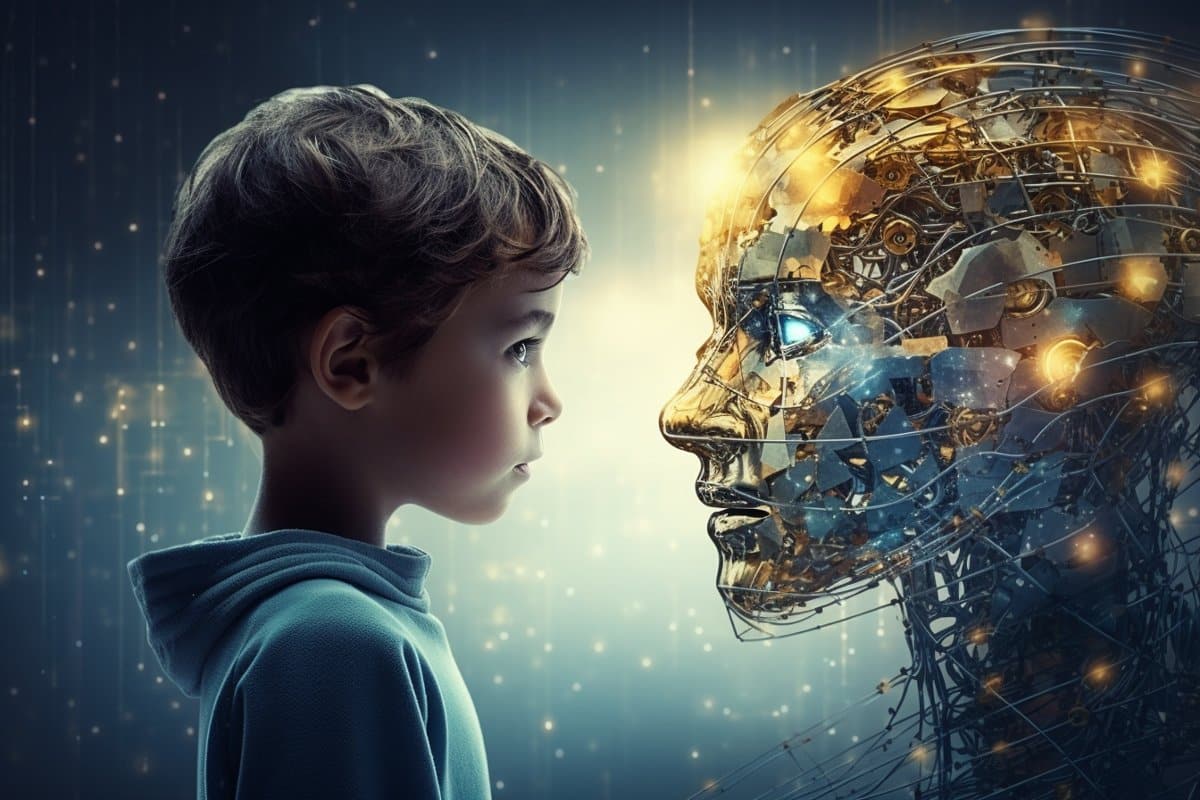Your Child May Be Using AI to Cheat

The Rise of AI in Student Cheating
As technology advances, there’s a growing concern among educators and parents regarding how students utilize artificial intelligence (AI) for academic dishonesty. With the ease of accessing powerful AI tools, many students have begun relying on these technologies to complete assignments, craft essays, and even take part in online examinations.
Understanding AI in Education
AI has transformed how students engage with learning materials. Tools like chatbots, text generators, and automated summarizers can assist in various academic tasks. While these tools can offer legitimate support—like helping students understand complex concepts or brainstorming for projects—many students have found shortcuts for their assignments.
How AI is Being Used to Cheat
There are several ways students exploit AI tools to undermine academic integrity:
Essay Generation: Platforms like OpenAI’s ChatGPT can generate coherent essays and reports based on prompts provided by students. Instead of crafting their own responses, students input their assignment questions and receive instant, polished results.
Homework Help: Apps and websites offer solutions to math problems, science queries, and various subject-related questions. By simply inputting their queries, students can receive direct answers without engaging with the learning process.
- Exam Assistance: With the right tools, students can receive real-time assistance during online exams. Some misuse chat applications to communicate with friends or access AI tools discreetly for information.
Implications for Education
The rise of AI in academic dishonesty poses several challenges for both educators and parents. Here are some of the key implications:
Erosion of Trust: When students rely on AI to complete their work, it undermines the trust between teachers and students. Educators may find it difficult to assess a student’s true understanding of the material.
Reduced Learning Opportunities: Depending on AI for homework and assignments can prevent students from gaining essential knowledge and skills. Critical thinking and problem-solving abilities might suffer if students opt for quick solutions instead of engaging with the content.
- Academic Dishonesty Consequences: Institutions may begin implementing stricter policies and procedures to combat cheating. This might include the introduction of software that detects AI-generated content, as well as promoting an honor code to encourage integrity among students.
Combating AI-Related Cheating
To effectively combat the rise of AI-related cheating, educators and parents can take several proactive measures:
Education on Ethical Use: Schools should educate students about the ethical use of AI tools. This includes understanding when it is appropriate to seek help and the potential consequences of academic dishonesty.
Encouraging Critical Thinking: Assignments that require personal reflection, creative thinking, or practical application can deter students from relying solely on AI. Encouraging discussions and debates can foster a deeper understanding of the subject.
- Utilizing Technology: Instead of viewing AI as a purely negative force, educators can leverage these tools to enhance learning. By integrating AI-based resources into lessons, teachers can guide students on how to use them responsibly.
Future of AI in Education
The relationship between AI and education will likely continue evolving. As AI technology becomes more sophisticated, so too will the methods students use to cheat. However, with continual dialogue among educators, students, and parents, it is possible to create an environment that encourages responsible use of these technologies while maintaining academic integrity.
Understanding these dynamics can help prepare everyone involved for the future of education in an increasingly AI-driven world.






